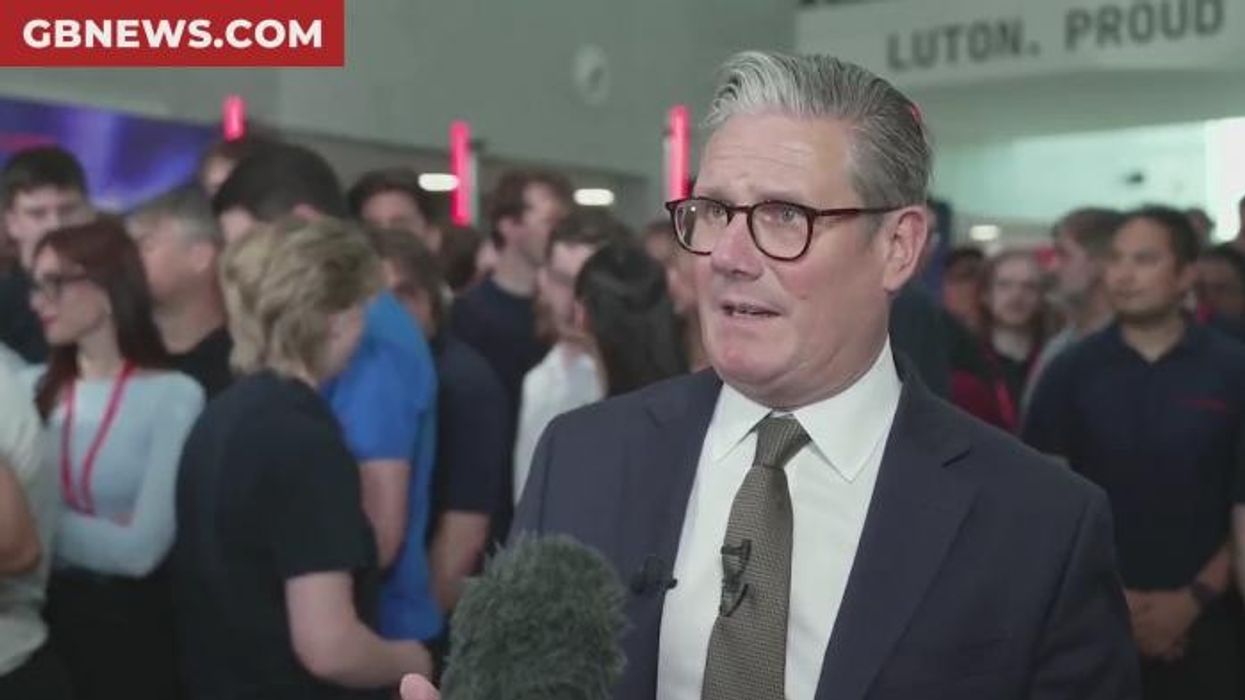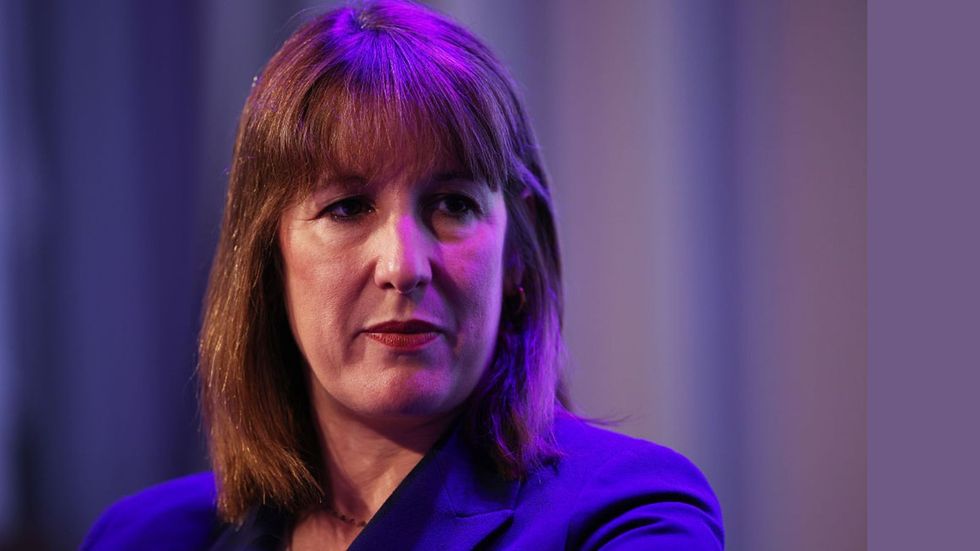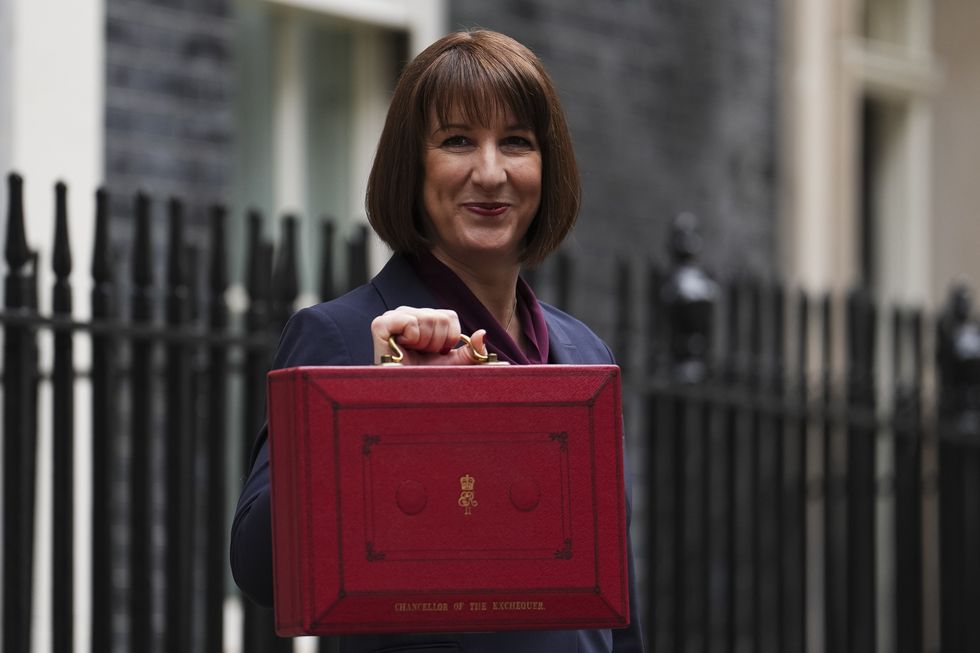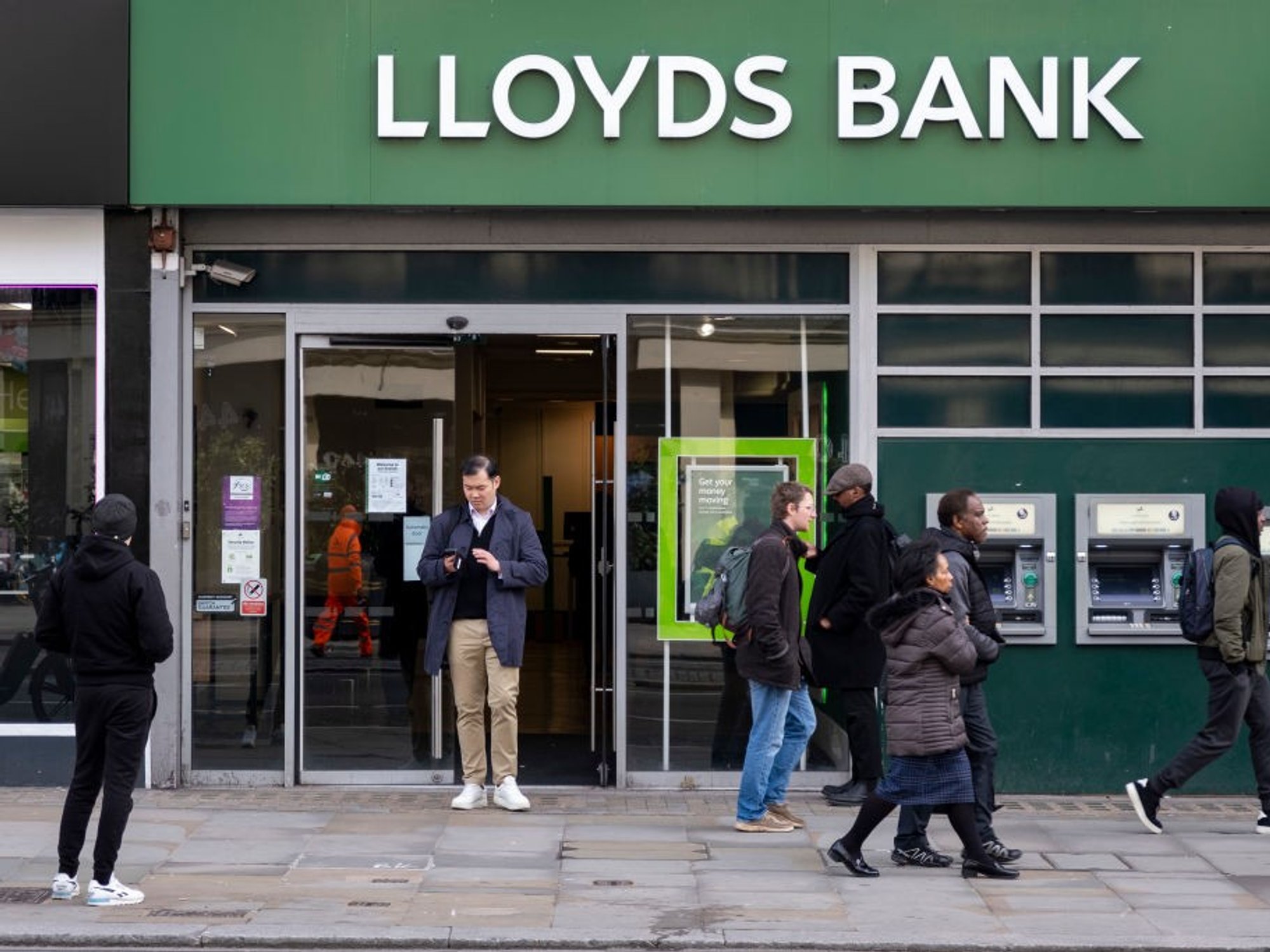Rachel Reeves under pressure to raise taxes at Autumn Budget as weak job market risks Treasury shortfall

Labour's history of economic woes and recessions |

The Treasury faces growing pressure to plug a £40billion hole in the public finances
Don't Miss
Most Read
Latest
Rachel Reeves is facing growing pressure ahead of the Autumn Budget as fears mount that a weakening jobs market could blow a multibillion-pound hole in the public finances.
Falling employment, slowing wage growth and a sharp drop in vacancies have raised concerns the Chancellor may be forced into fresh tax hikes to balance the books.
The UK unemployment rate for April to June remained at 4.7 per cent, according to the Office for National Statistics, holding steady after three consecutive months of increases.
**ARE YOU READING THIS ON OUR APP? DOWNLOAD NOW FOR THE BEST GB NEWS EXPERIENCE**
Lockdown aside, this is the highest level since February 2017. The Bank of England expects it to peak at just under five per cent later this year. A rise in unemployment combined with fewer job vacancies points to a loosening labour market after years of tight conditions.
With revenues under strain and spending commitments remaining high, the Treasury may have limited options beyond raising taxes to balance the books.
A weaker labour market not only reduces income tax receipts but can also increase welfare costs, further squeezing Government resources.
Economists warn that if inflation continues to outpace real wage growth, consumer spending could slow, adding to the economic headwinds and deepening the pressure on the Chancellor to find new revenue streams.
Professor Joe Nellis, economic adviser at MHA, the accountancy and advisory firm, said: "A weaker job market adds another layer of complexity to the upcoming Autumn Budget as lower employment may lead to reduced tax revenues at a time of high public spending.
"While inflation remains below earnings growth at 3.6 per cent, it has incrementally risen for the past year and is expected to reach four per cent later this year, eroding the gap between earnings growth and inflation.

Rachel Reeves under pressure over weak jobs market
|GETTY
"If these trends continue real wages may come under serious pressure, heightening the adversity faced by both ordinary people and the beleaguered Chancellor."
The jobs market weakened further in July as employers cut payroll budgets in response to Reeves’ £26billion tax increase, according to a survey closely monitored by the Bank of England.
The poll by KPMG and the Recruitment and Employment Confederation found starting salaries rising at the slowest pace in over four years, with more jobseekers chasing fewer vacancies. Demand for permanent staff fell at the fastest rate in five months.
Jon Holt, group chief executive at KPMG UK, said: "Many firms will continue to pause major investment decisions until there is greater clarity in the autumn."
 Economists have also warned that recent tax changes could limit business growth and affect jobs | GETTY
Economists have also warned that recent tax changes could limit business growth and affect jobs | GETTY Nellis warned that: "The continued fall in job vacancies shows that this tougher environment for jobseekers reflects a downturn in recruitment activity, rather than mass redundancies.
"The impact of changes to employer costs in the 2024 Autumn Budget continues to be felt, as well as the ongoing uncertainty in global markets as a result of tariffs; these factors have dampened business confidence and thus recruitment.
"The result is that businesses are electing to save rather than invest in new talent, and employees are opting to stay in role rather than entering the daunting job market."
 Experts have said taking action before the autumn Budget will give people the best chance to protect and grow their wealth | PA
Experts have said taking action before the autumn Budget will give people the best chance to protect and grow their wealth | PAWith the Autumn Budget looming, Treasury officials are now weighing how to balance the need for economic stimulus with the political fallout from further tax rises, a decision that could define Reeves’s first year as Chancellor.
Average earnings growth stayed at 5 per cent in June, but has been on a steady downward trend since February.
Nellis added: "For the Bank of England, a softer labour market could be welcome news high wage growth accompanied by stagnant productivity has been a strong inflationary driver.
"Slowing earnings growth is easing upwards pressure on inflation and giving the Monetary Policy Committee more room to consider rate cuts later this year. However, this is not good news for the Chancellor."
More From GB News










